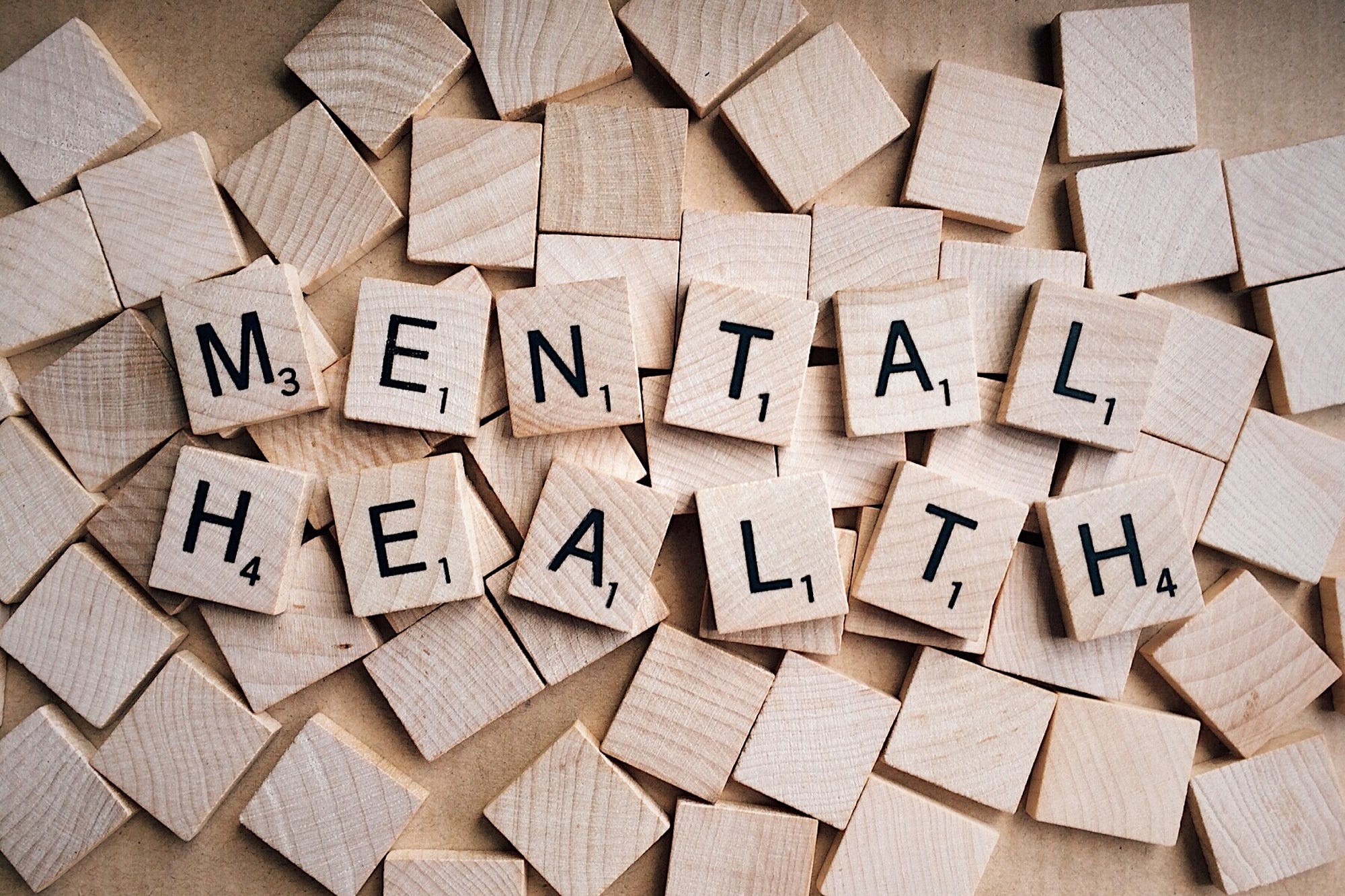Mental health has become paramount in our fast-paced, digitally-driven world. With the World Health Organization highlighting mental wellness as an integral part of health, it’s clear that understanding and nurturing our mental state is more crucial than ever. This comprehensive guide delves into the best practices in mental health, offering valuable insights and practical strategies to enhance psychological wellbeing.
Understanding Mental Health in the Modern World
Mental health encompasses our emotional, psychological, and social wellbeing. In today’s era, where work-life balance is often skewed, mental health issues have escalated. Stress, anxiety, and depression are not just terms but realities for many. For instance, John, a software engineer, faced burnout due to prolonged work hours and high stress. His journey towards recovery underscores the need for proactive mental health strategies in our daily lives.
Best Practices for Maintaining and Enhancing Mental Health:
Regular Exercise and Nutrition: Physical activity is good for the body and the mind. Studies suggest that regular exercise can significantly reduce symptoms of depression and anxiety. A balanced diet, rich in omega-3 fatty acids, whole grains, and lean protein, can also uplift mental health.
Mindfulness and Meditation: Practices like mindfulness and meditation have gained traction because of their proven benefits for mental health. Mindfulness encourages living in the present moment, reducing stress and improving concentration. Meditation, on the other hand, helps achieve a state of calm and balance.
Adequate Sleep: Adequate sleep is crucial for mental health. Sleep disorders are often linked with mental health issues. Prioritizing sleep, establishing regular sleep patterns, and creating a restful sleeping environment can enhance overall mental wellbeing.
Role of Therapy, Meditation, and Lifestyle in Mental Wellbeing
Therapy and Counseling: Seeking professional help through therapy or counseling is a solid and practical step toward mental health care. Cognitive Behavioral Therapy (CBT), for example, has been effective in treating various mental health conditions by altering negative thought patterns.
Incorporating Meditation and Yoga: Yoga and meditation have profound effects on mental health. They reduce stress and enhance self-awareness and emotional health. Regular practice can lead to long-term benefits in mental resilience and clarity.
Lifestyle Modifications: Simple lifestyle changes can significantly impact mental health. These include reducing alcohol and caffeine intake, quitting smoking, and finding hobbies or activities that bring joy and relaxation.
Resources and Support Systems for Mental Health
Community Support: Support from family, friends, and the community plays a vital role in mental health. Community centers, online forums, and support groups provide platforms for sharing experiences and gaining support.
Digital Mental Health Resources: With technological advancements, numerous digital resources like mental health apps, online counseling, and teletherapy have become accessible, offering convenient and effective mental health support.
Conclusion
Understanding and practicing the best practices in mental health is not a luxury but a necessity. As we navigate the complexities of modern life, let’s prioritize our mental wellness with the proven strategies and practices outlined here. Remember, managing your mental health is the first step towards a balanced and fulfilling life.





















